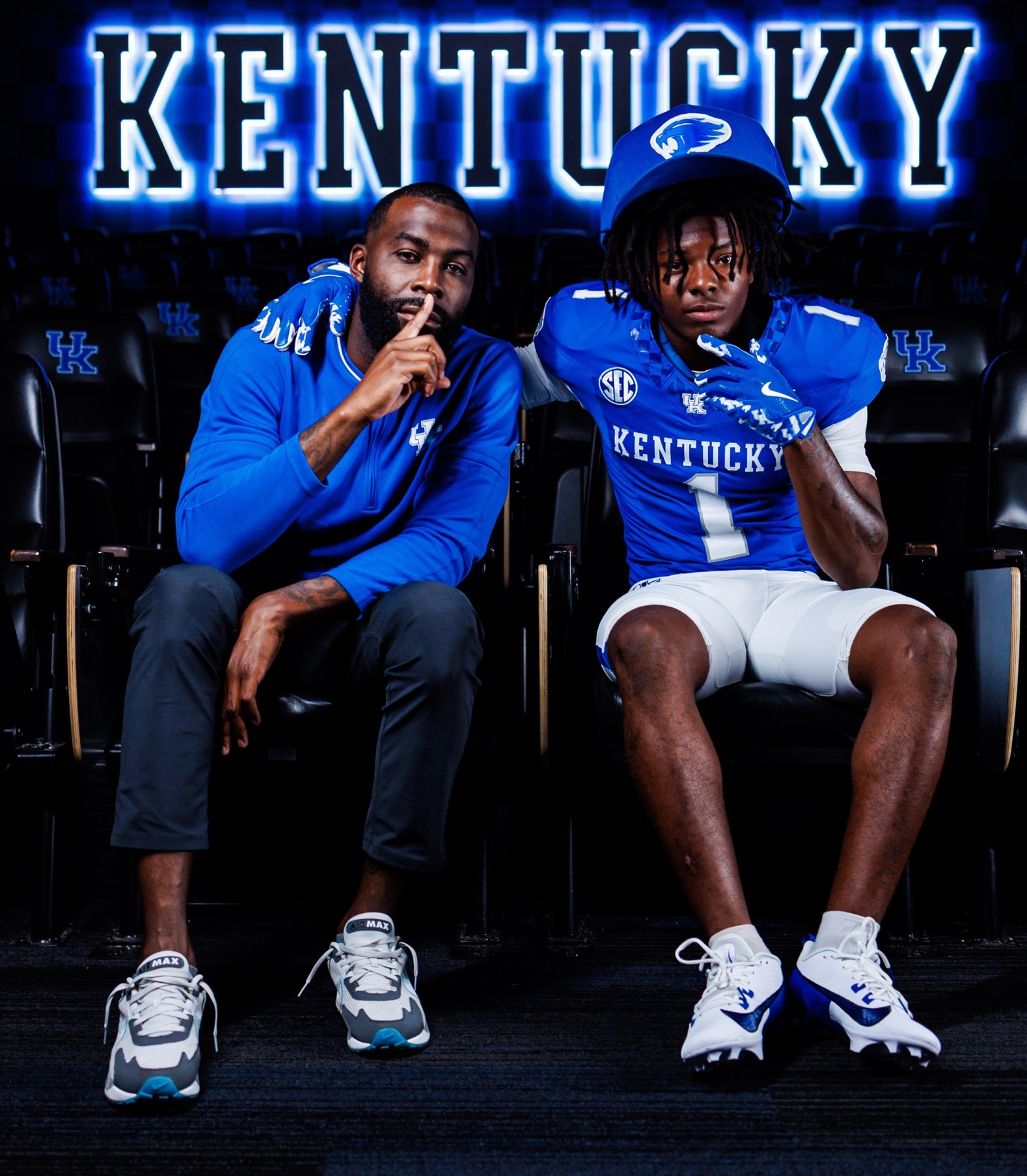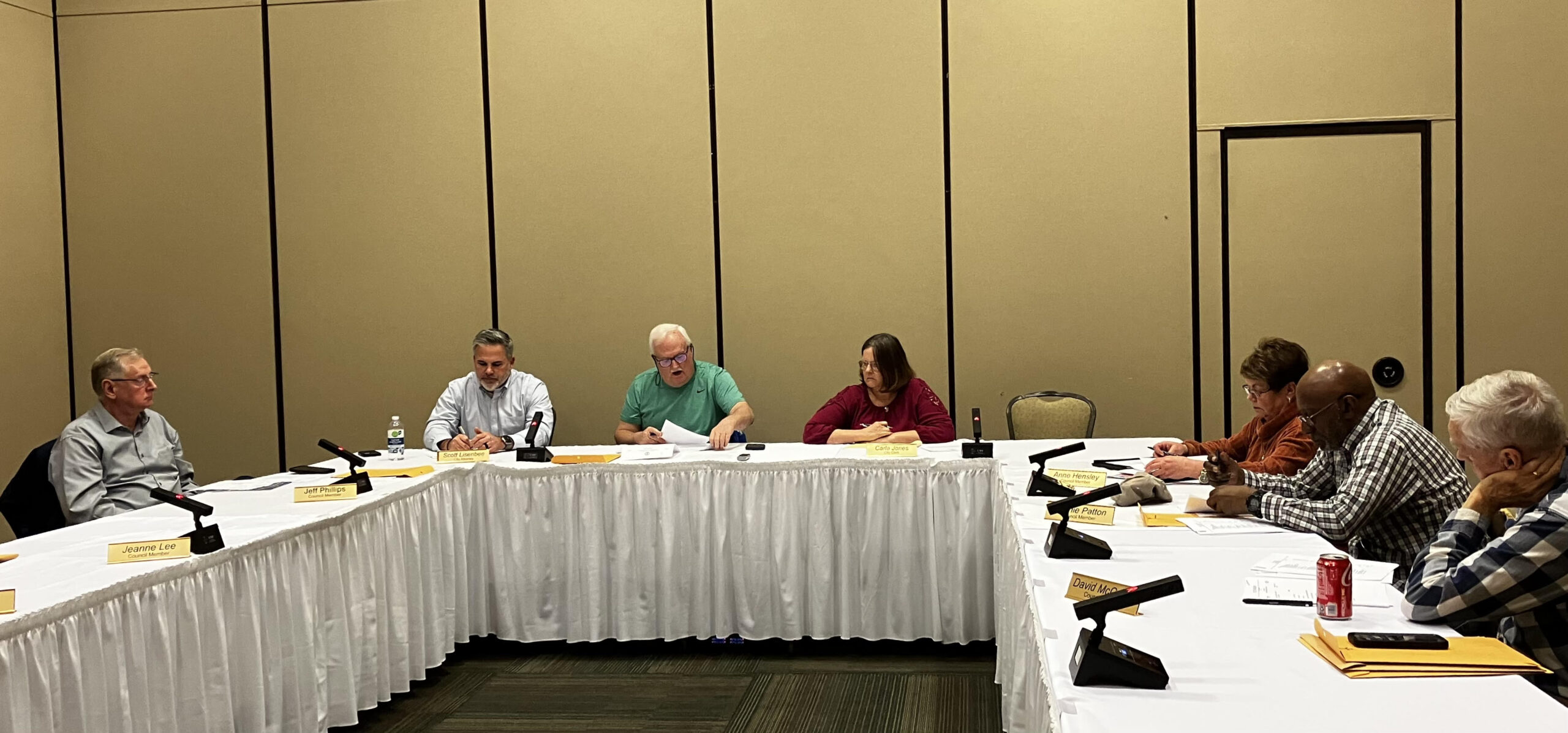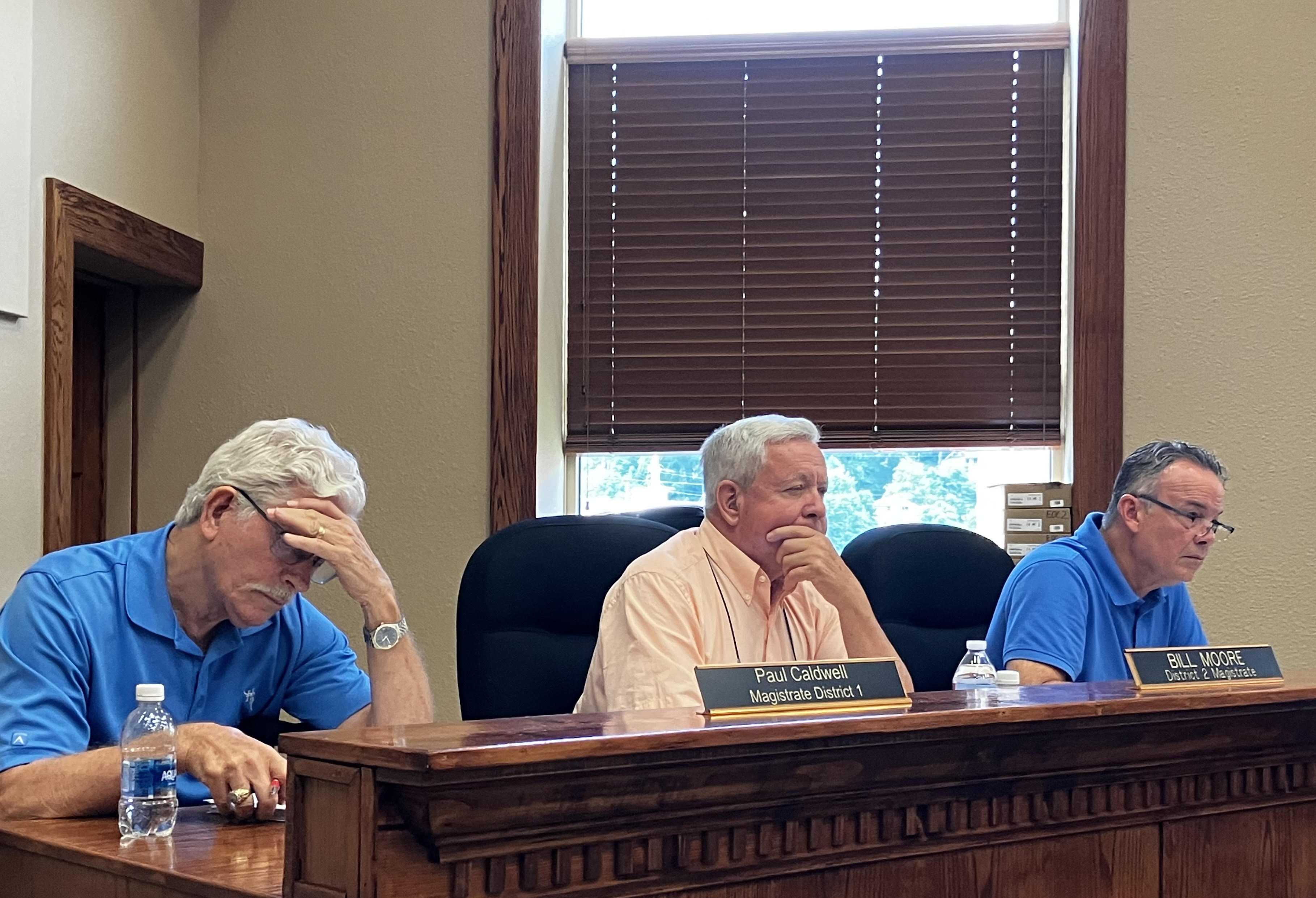Five things we can do for kinship families
Published 4:14 pm Thursday, December 7, 2023
|
Getting your Trinity Audio player ready...
|
By Norma Hatfield
Kentucky Lantern
As we approach a new year, let’s not forget kids in kinship care. Kinship care is when a child is living with relatives or close family friends other than their parents. These children may be victims of abuse and neglect and/or formally in the child welfare system, while many for myriad reasons are informally left with relatives or friends.
For Kentucky, there are approximately 55,000 kids in a kinship care setting. They’re caregivers who, at a moment’s notice, step up to keep kids out of foster care and some of whose savings become depleted while doing so.
It’s sad that while many of us prepare for large family dinners and multiple gifts over the holidays, there are some grandchildren living with grandparents struggling with food insecurity. Their stories are a harsh reality as they persevere to rise above their struggles.
What if we took action? Let’s look at five things we can do today and through 2024.
Give in service to others. Many of us know someone who’s raising kids in kinship care. Imagine the impact we could make by buying an extra gift for one child or making a casserole for the family; maybe volunteer to watch the kids for a few hours? We could even make contributions to local nonprofits or school family resource centers on their behalf. Simple actions can be monumental blessings for others.
As for the other four things, by working this list between now and through 2024, our Kentucky leaders can lessen the financial struggles for kinship families who are actively in the child welfare system:
• Mileage reimbursement for kinship caregivers who have an active case with the Department of Community Based Services (DCBS) that do not have relative foster care. Relative foster care is similar to traditional foster care with exceptions but provides many financial resources including mileage assistance for required visits and travel. Today, our kinship caregivers are required to meet court system requirements such as driving to court, taking kids to parental visits, mental and physical appointments etc., This puts a lot of miles on the car and is expensive. Some caregivers live in one county but appointments are in another. One caregiver shared with me that they traveled 700-1,000 miles a month. There are federal dollars that could be used, but we also need starter funds in the state budget. After starting the program, we could have DCBS collect more data to get the actual amount needed long term.
• Policy change to provide flexibility in critical financial decisions: In the spring of 2019, Kentucky began offering a relative foster care option. It’s only available while the case is open and provides financial assistance similar to traditional foster care. DCBS worked with the courts in a policy in which there was a one-time-only decision for temporary custody or relative foster care. However, financial situations may change and DCBS field offices may present options differently. A flexible policy change could provide more assistance for kids and families.
• Implement a Guardian Assistance Program (GAP) also known as subsidized permanent custody: For families that have relative foster care, this follow-on program would leverage additional federal dollars for a child once permanency is achieved until adulthood. If we implement GAP correctly, we could reduce future financial burdens for kinship families.
• Establish a task force to study kinship care needs: My kinship needs list is actually larger, but without data to project costs, we can’t make a budget request. We need a task force to study all kinship needs and collect data to estimate costs. Many families are caught in a gap with little to no help.
Fred Rogers once said, “All of us, at some time or other, need help. Whether we’re giving or receiving help, each one of us has something valuable to bring to this world.” In Kentucky, our kinship kids rely on us and need help. Kentucky relies on kin to step up, so let’s make sure we do our part for those who are valuable to us – our children. Let’s all be a good neighbor and leader to do what we can.
Norma Hatfield is a grandmother who has been raising two grandchildren for the past eight years in Elizabethtown. She is president of the Kinship Families Coalition of Kentucky and a member of the Grand Voice Network with Generations United.





